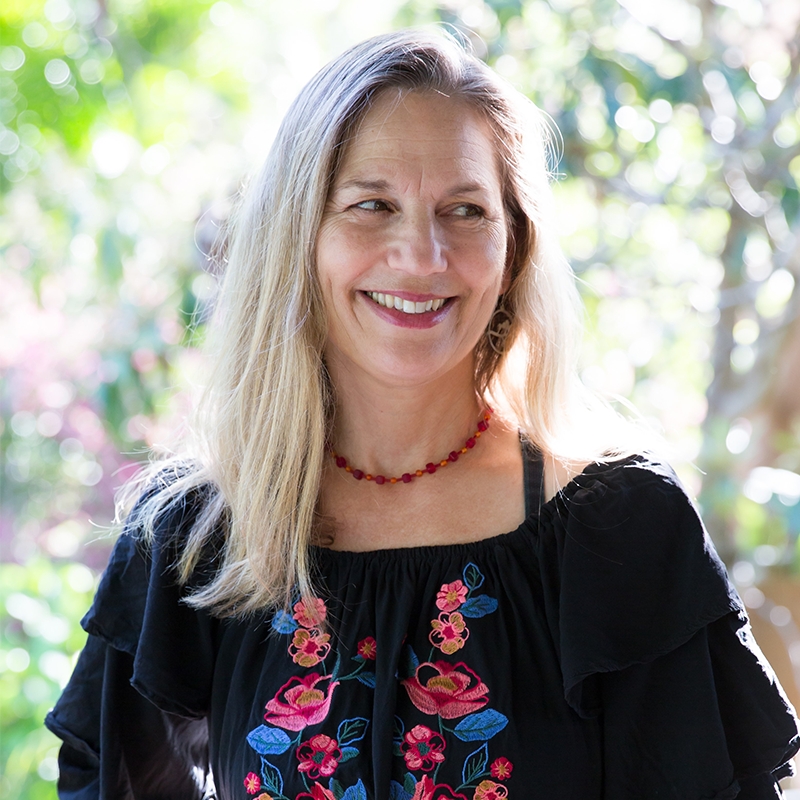
The rise of academic entrepreneurs in a disrupted world
Entrepreneurship provides researchers with pathways that are alternative to the traditional academic career.
On the brink of completing her PhD, Joy Hussain has been knocking on doors for post-doctoral opportunities – only to find that a hiring freeze has blanketed the higher education sector.
An Integrative GP who is passionate about breaking the barriers of conventional western medicine, Joy was contemplating alternative career pathways when she came across the Open Talent Pathways (OTP) Program.
OTP is ann entrepreneurial program initiative by the Melbourne Innovation Districts that gives research students at the Masters and PhD level at RMIT and the University of Melbourne the opportunity to explore the entrepreneurial journey.
 Joy Hussain, an integrative GP and OTP participant
Joy Hussain, an integrative GP and OTP participant
“This program is based on the realisation that universities won’t have enough spaces for the academics that they are developing through masters and PhD programs,” said Max Theilacker, Program Manager at OTP.
"We want to provide an introduction to entrepreneurship and help researchers create potential pathways that are alternative to the traditional academic career.”
As COVID-19 brought its weight on the world, the program shifted to an online delivery mode which removed any geographical barriers.
“Being based in Brisbane was no longer an issue since the program is online,” said Joy. "It was a great opportunity to explore this entrepreneur playground instead of going back to the same environment I was practicing medicine in before.”
The current cohort features 30 researchers who come from varying disciplines, ranging from computer science to medicine.
 Kavisha Fernando, PhD candidate at the University of Melbourne and OTP participant
Kavisha Fernando, PhD candidate at the University of Melbourne and OTP participant
One of them is Kavisha Fernando, who is pursuing a PhD in psychiatry at the University of Melbourne.
“Academia is very competitive and there aren’t many post-doctoral positions to go around,” said Kavisha. “It has always been on the back of my mind to diversify my skillset and keep my options open.”
“Having said that, I’m still going to stick to things I’m passionate about and entrepreneurship is one of them. That’s why I wanted to join this program to broaden my horizons.”
In this program, Kavisha and his team are working on using smart home technology data to predict relapse in mental illness.
The OTP Program is hosted within RMIT Activator, who delivers experiences into the program and connects participants partners to the diverse entrepreneurial community and activities.
Activator plays a central role in building up enterprise skills and capabilities through educational experiences such as IGNITE – a two-day intensive workshop on entrepreneurship basics.
“Partnering with Activator has been invaluable on my side,” said Max. “To some extent, the structure and contacts I get through Activator have formed the pillars of this program.”
“The people working at Activator were part of working group to conceptualise the program.Their wealth and experience in learning design and online delivery has been super helpful, as well as the industry partners they are able to pull in for workshops.”
Unlike other entrepreneurship programs in the startup eco-system, the OTP Program is an investment in the individual rather than the business they will potentially build.
Participants are not required to have a startup idea in order to be accepted into the program. The focus is on developing their entrepreneurial skills rather than requiring an idea or a team from the outset.
As such, the researchers find themselves teaming up to brainstorm on multiple solutions that end up looking different from their initial ideas.
At the start of the program, Joy wanted to build a startup on sauna therapy to incorporate the health benefits of heat into Australian society.
Since then, she has pivoted towards building a swab testing kit that uses sweat to analyse and assess health issues in an individual.
“My team does a lot of sweat analysis and you can really see the potential in sweat,” said Joy.
“This aspect of skin health is not so appreciated yet and there’s a lot of room for growth.”
At the same time, the program experience also highlights areas of growth they need to pursue in order to become successful entrepreneurs.
“I’m such a product of the medical system, where there’s a lot of conditioning to follow the rules and protocol and questioning is not encouraged,” said Joy.
“Entrepreneurship is so different. It’s a breath of fresh air to be in this space where questioning is rewarded.”
Kavisha also sees the benefits of adopting an entrepreneurial mindset in academia.
“Research is a more top-down process while a successful entrepreneur uses a more bottom-up approach where you first try to understand the problem that people are facing, build an minimum viable product, see if it solves the problem and continue from there,” said Kavisha.
“In research, people don’t ask as much whether if their solution is a good fit for the person you seek to help. That’s the bigger lesson I’ve learnt which I can bring into my research – to approach problem solving with a more bottom up approach.”
In a world where change is the only cosntant, these academic entrepreneurs have demonstrated that innovation is essential to survive and thrive.
To learn more about the Open Talent Pathways Program, visit here.
Related news
Acknowledgement of Country
RMIT University acknowledges the people of the Woi wurrung and Boon wurrung language groups of the eastern Kulin Nation on whose unceded lands we conduct the business of the University. RMIT University respectfully acknowledges their Ancestors and Elders, past and present. RMIT also acknowledges the Traditional Custodians and their Ancestors of the lands and waters across Australia where we conduct our business.